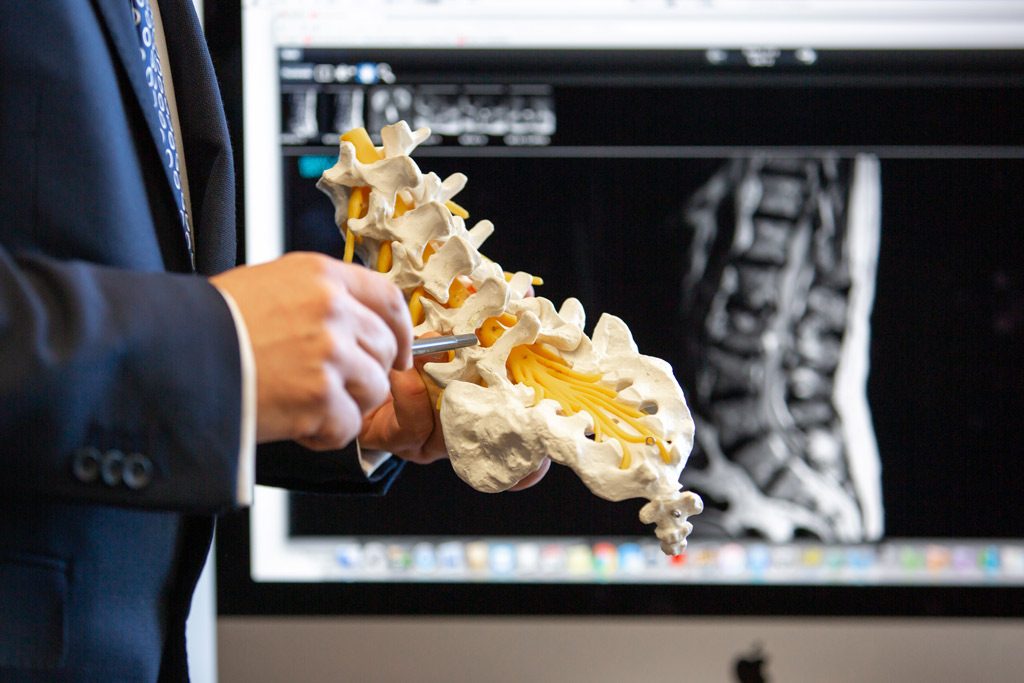Your Visit
We want to ensure your journey is as smooth as possible, so it is important that you are prepared for your first consultation with us.
What to bring to your consultation:
- Your referral letter
- Your completed patient information and medical history forms
- Any x-rays, CT scans, MRI scans, or bone scans that you have had taken.
- Any prior operation reports or discharge summaries
- Your Medicare and private health insurance details
- Worker’s compensation or 3rd party details
- We encourage you bring a trusted person with you to your consultation. This can often help with any questions you may have.

Frequently Asked Questions
Will I need a referral from my GP?
A referral from a GP is the best way to ensure that you receive a Medicare rebate for your consultation. Specialists can also refer you, but these only last for 3 months.
What should I tell Dr Kohan about my health?
Everything is important to your surgeon so please list all you current or previous health problems on your initial questionnaire. However, in particular mention if you have:
- Heart disease or blood pressure
- Previous strokes
- History of deep venous thrombosis
- Blood clotting problems
- Have diabetes (increases risk of infection)
- Are a smoker (decreases healing and fusion rate)
- Have allergies
- Have problems with anaesthetics
Also, if you are on:
- any blood thinners (Warfarin, Aspirin, Plavix, Coplavix, and any others)
- herbal medication or fish oil, etc
Will I need surgery?
As management of each patient and each condition are different the requirement for surgery is often a complex issue that needs careful consideration of many factors including patient’s pathology, symptoms, general health, and last but not least what will be aim of surgery and potential risks and complications. On that basis careful analysis of these factors needs to be done and after all non-surgical alternatives are explored surgery will be considered.
What are the general risks of surgery and anaesthesia?
- Wound infection
- Drug allergies, risk of severe anaphylaxis to anaesthetic drugs is extremely rare but can be extremely serious and life threating.
- DVT (deep vein thrombosis or blood clot in leg veins)
- PE (pulmonary embolism or blood clots traveling to the lungs)
- Chest infection
- Urinary tract infection
- Eye or teeth injury
- Scar tissue formation
- Heart attack
- Stroke
- Loss of life
- Pressure area on arms and legs due to positioning
When can I go back to work after surgery?
This depends on the condition treated. Return to work advice will be provided on individual basis.
When can I drive after surgery?
This depends on the condition treated. Return to driving advice will be provided on individual basis